House of Independence Museum
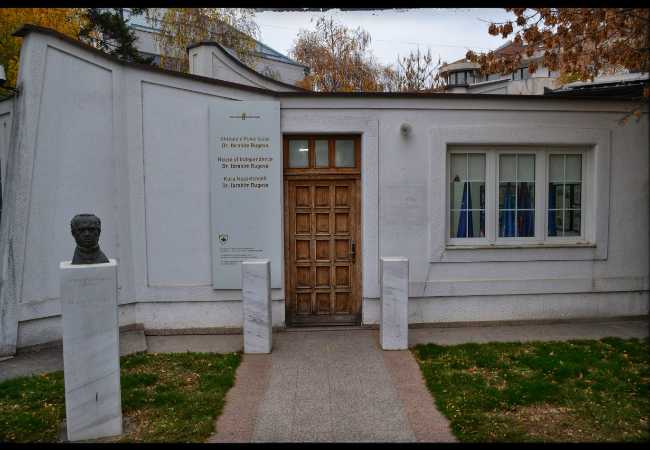
The House of Independence Museum in Pristina, officially named after Dr. Ibrahim Rugova, offers a powerful insight into Kosovo’s peaceful struggle for statehood. Located in a modest one-story building on Enver Zymberi Street, the museum occupies the former headquarters of the Kosovo Writers’ Association and later the Democratic League of Kosovo. It was here that pivotal decisions were made during the 1990s, as Kosovo’s political leadership pursued independence through nonviolent resistance. The museum’s permanent exhibition, “Peaceful Resistance and State Building 1989–1999,” presents photographs, documents, and personal items belonging to Rugova, Kosovo’s first president. Despite its small size—just 84 square metres—the museum captures the emotional and political weight of a defining era. Visitors can explore the legacy of Rugova’s leadership and the broader movement for independence in a space that once served as a nerve centre of Kosovo’s democratic aspirations. Managed by the Ministry of Culture, the museum stands as a national monument and a symbol of resilience and identity.
Pristina KosovoThe House of Independence Museum in Pristina, officially known as the Museum – Independence House Dr. Ibrahim Rugova, is located at 20 Fehmi Agani Street, in the heart of the city. This small but powerful museum is dedicated to Dr. Ibrahim Rugova, Kosovo’s first president and a key figure in the country’s peaceful struggle for independence. Housed in a historic building that once served as headquarters for the Kosovo Writers Association and later the Democratic League of Kosovo, the museum features personal items, documents, photographs, and exhibits that chronicle Kosovo’s journey to statehood and Rugova’s pivotal role. The museum’s intimate setting offers a reflective atmosphere and guided tours are available to enrich your visit. Its central location places it within easy walking distance of Pristina’s main attractions, including the National Museum of Kosovo, the Emin Gjiku Ethnological Museum, Mother Teresa Square, the city’s bustling bazaar, and a variety of cafés and shops, making it an essential stop for anyone interested in Kosovo’s modern history and cultural identity.
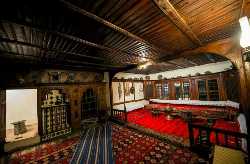 Ethnological Museum
Pristina
Ethnological Museum
Pristina
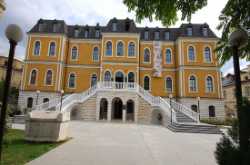 Kosovo Museum
Pristina
Kosovo Museum
Pristina
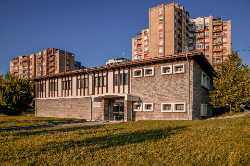 National Gallery of Kosovo
Pristina
National Gallery of Kosovo
Pristina
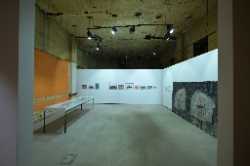 Center for Contemporary Art Prishtina
Pristina
Center for Contemporary Art Prishtina
Pristina
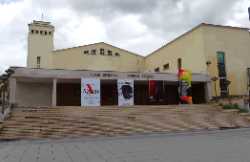 National Theatre of Kosovo
Pristina
National Theatre of Kosovo
Pristina
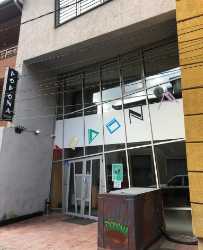 Dodona Theatre
Pristina
Dodona Theatre
Pristina
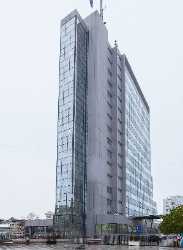 Government Buildings and Presidential Offices
Pristina
Government Buildings and Presidential Offices
Pristina
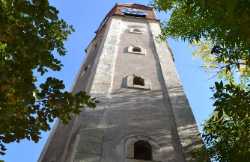 Sahat Kulla
Pristina
Sahat Kulla
Pristina
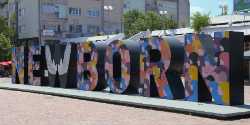 Newborn Monument
Pristina
Newborn Monument
Pristina
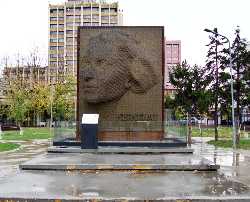 Heroinat Memorial
Pristina
Heroinat Memorial
Pristina
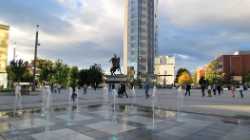 Mother Teresa Statue & Boulevard
Pristina
Mother Teresa Statue & Boulevard
Pristina
 Germia Park
Pristina
Germia Park
Pristina
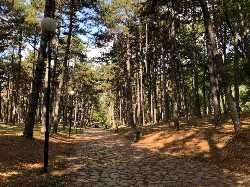 Parku i Qytetit
Pristina
Parku i Qytetit
Pristina
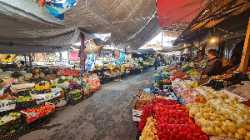 Old Green Market
Pristina
Old Green Market
Pristina
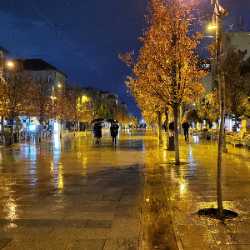 Mother Teresa Boulevard
Pristina
Mother Teresa Boulevard
Pristina
 Imperial Mosque
Pristina
Imperial Mosque
Pristina
 Cathedral of Saint Mother Teresa
Pristina
Cathedral of Saint Mother Teresa
Pristina
 National Library of Kosovo
Pristina
National Library of Kosovo
Pristina
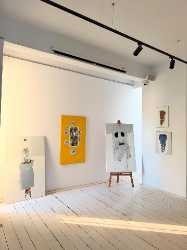 Galeria Qahili
Pristina
Galeria Qahili
Pristina
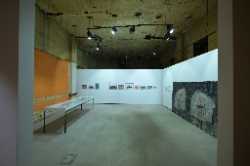 Stacion
Pristina
Stacion
Pristina
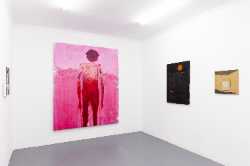 LambdaLambdaLambda
Pristina
LambdaLambdaLambda
Pristina